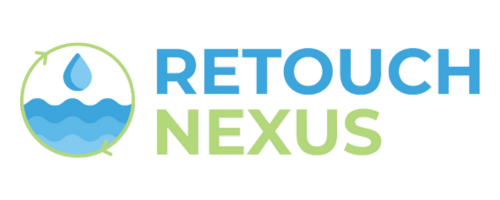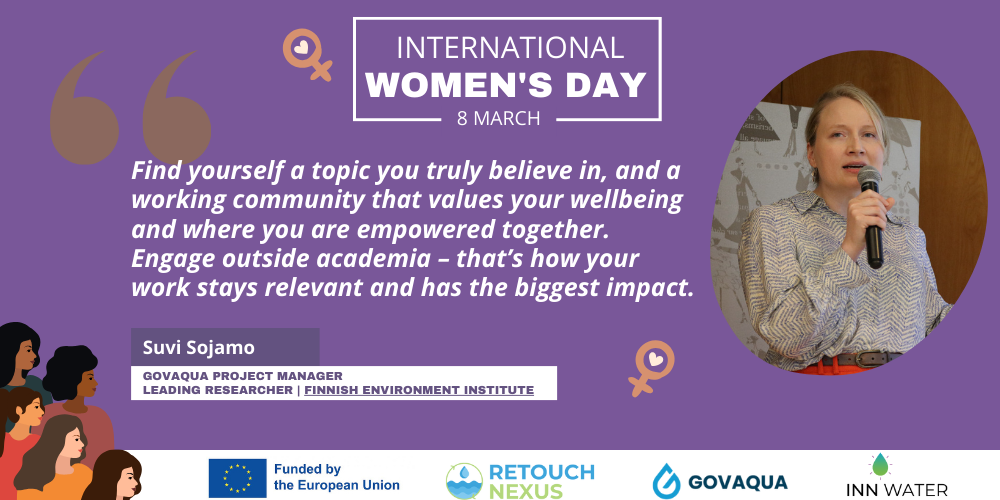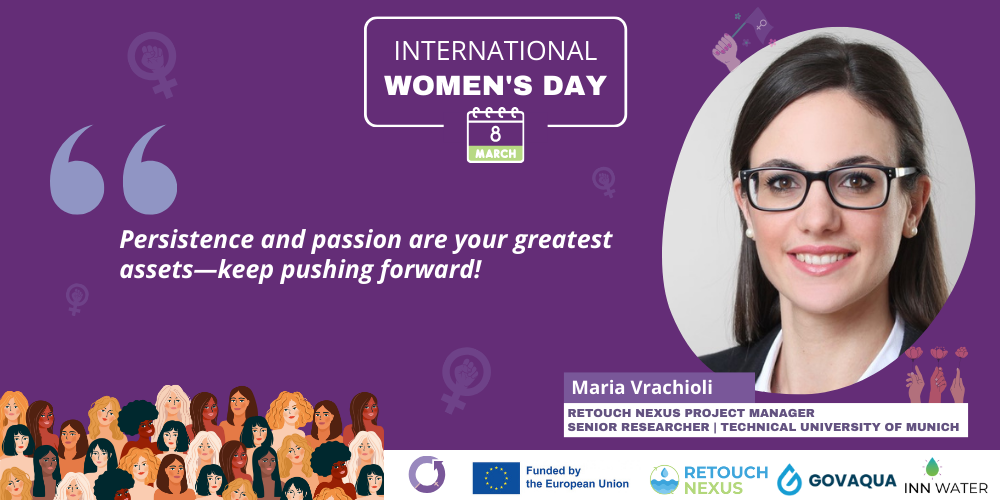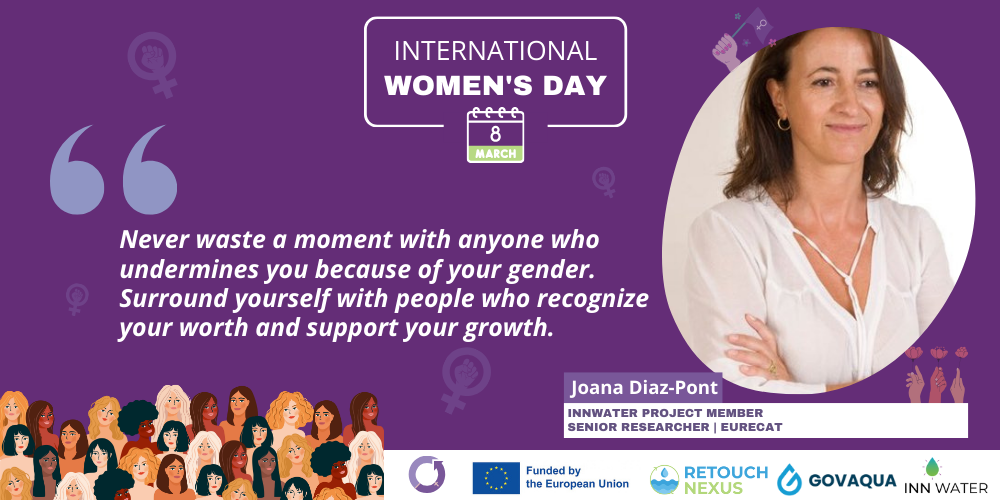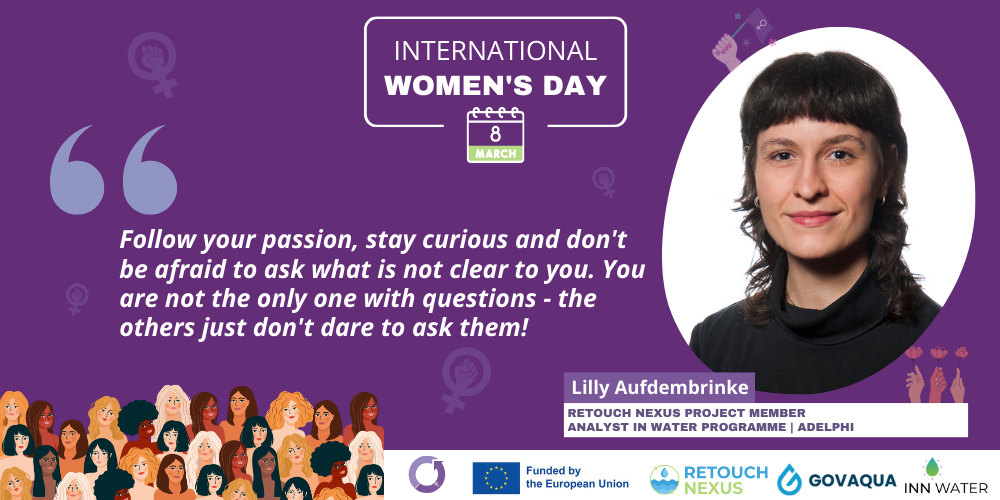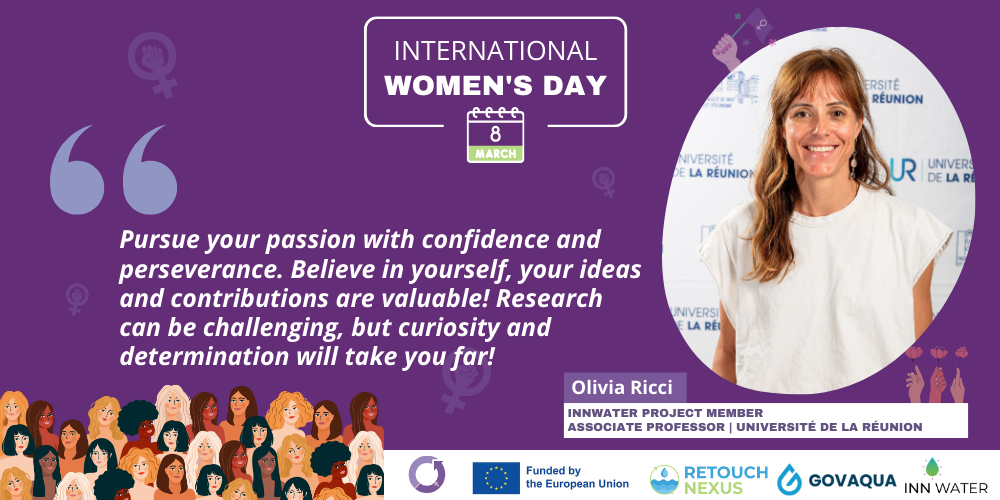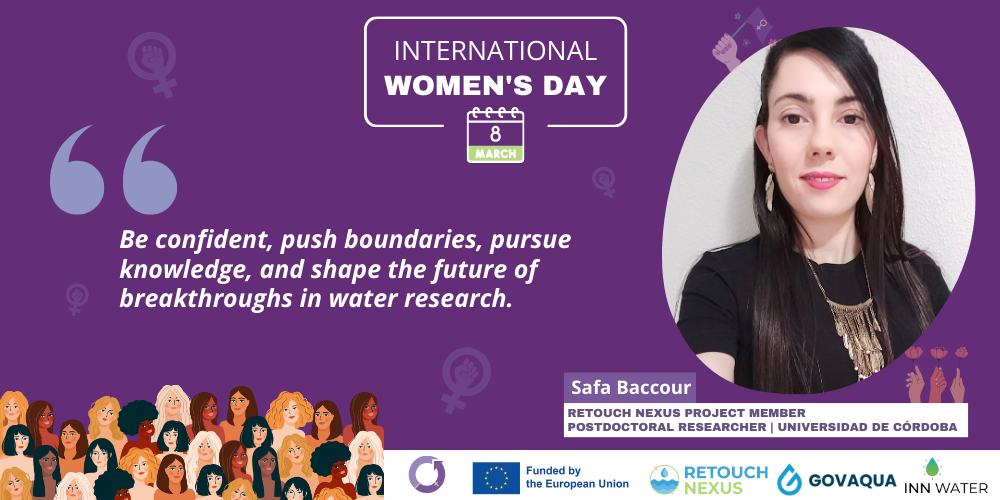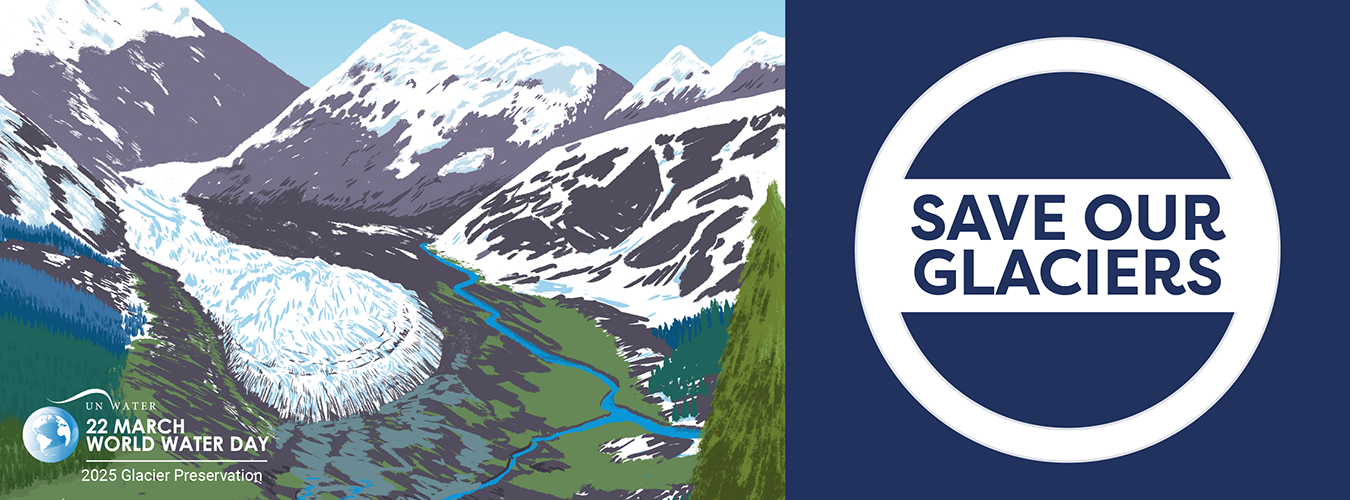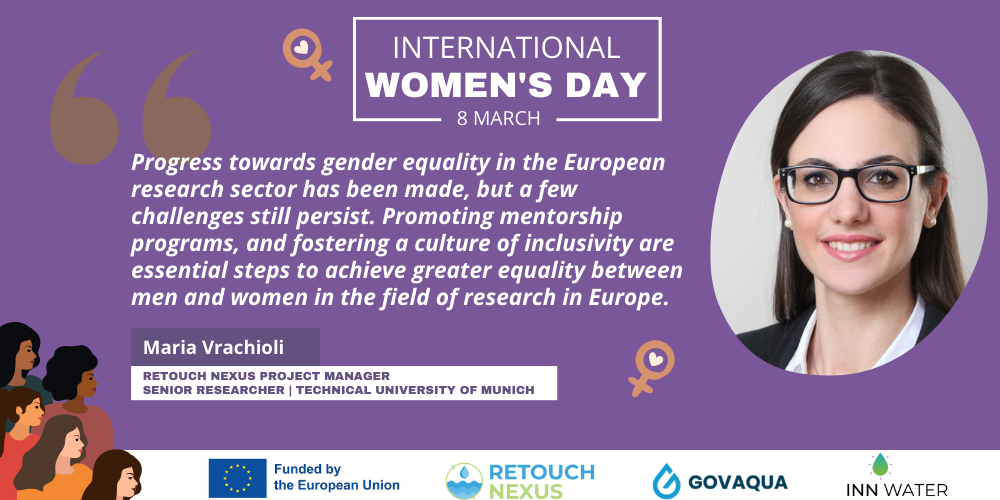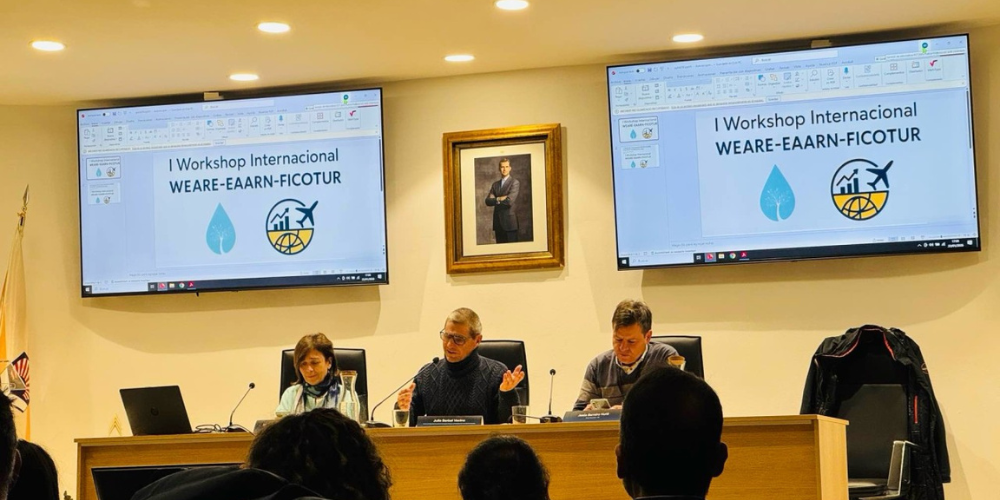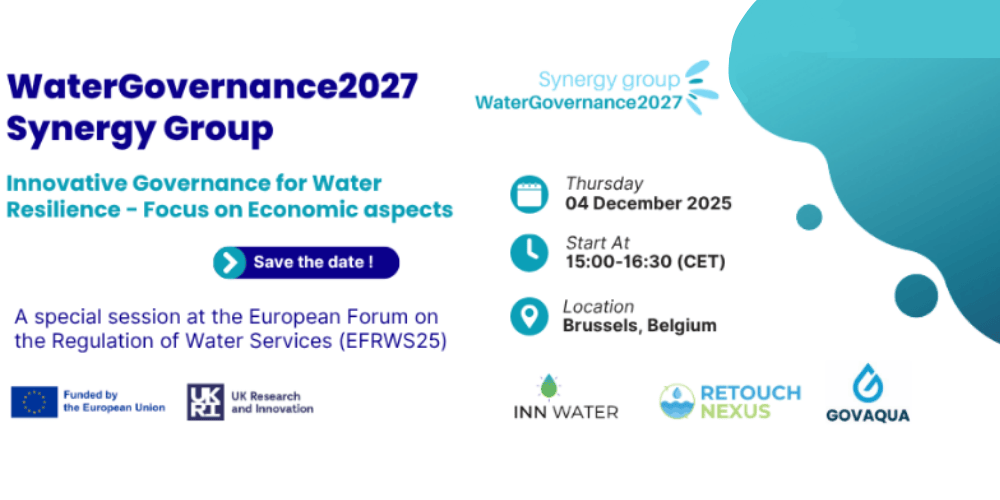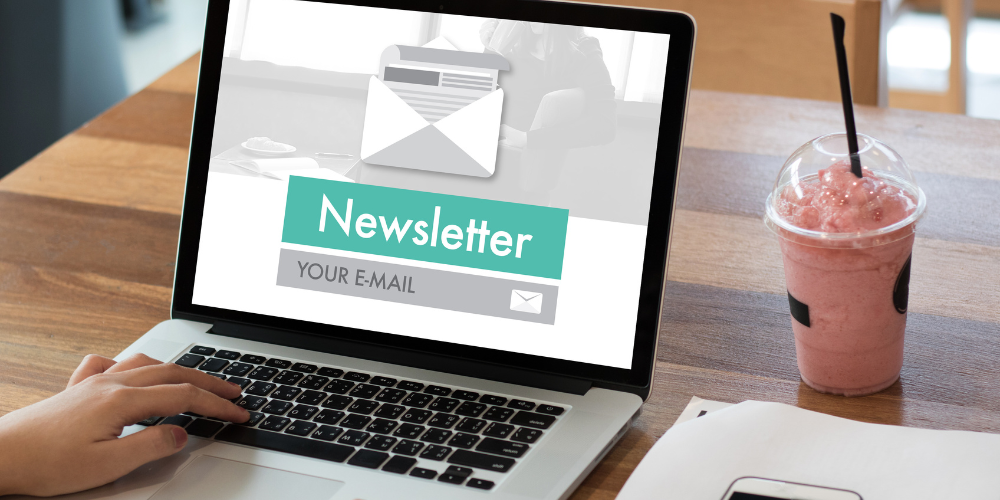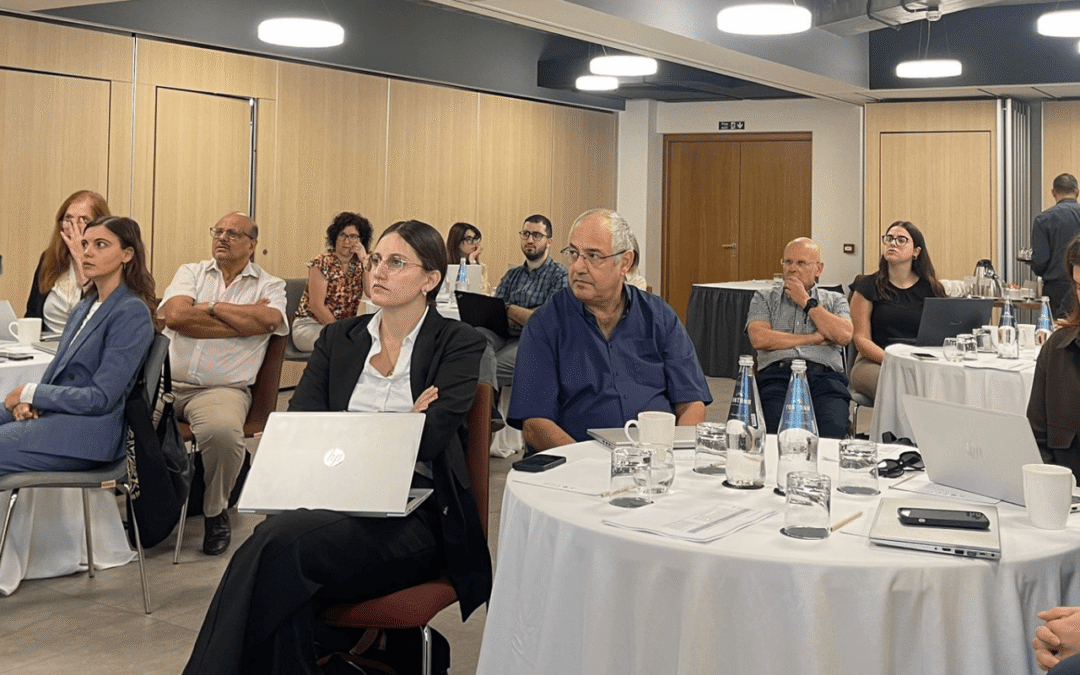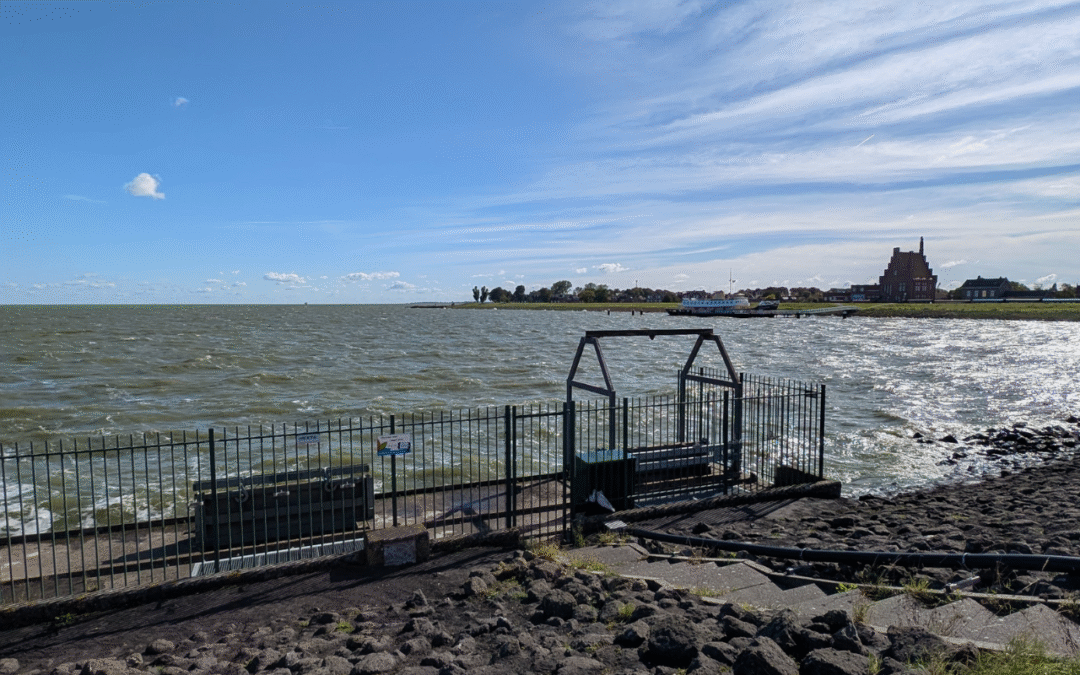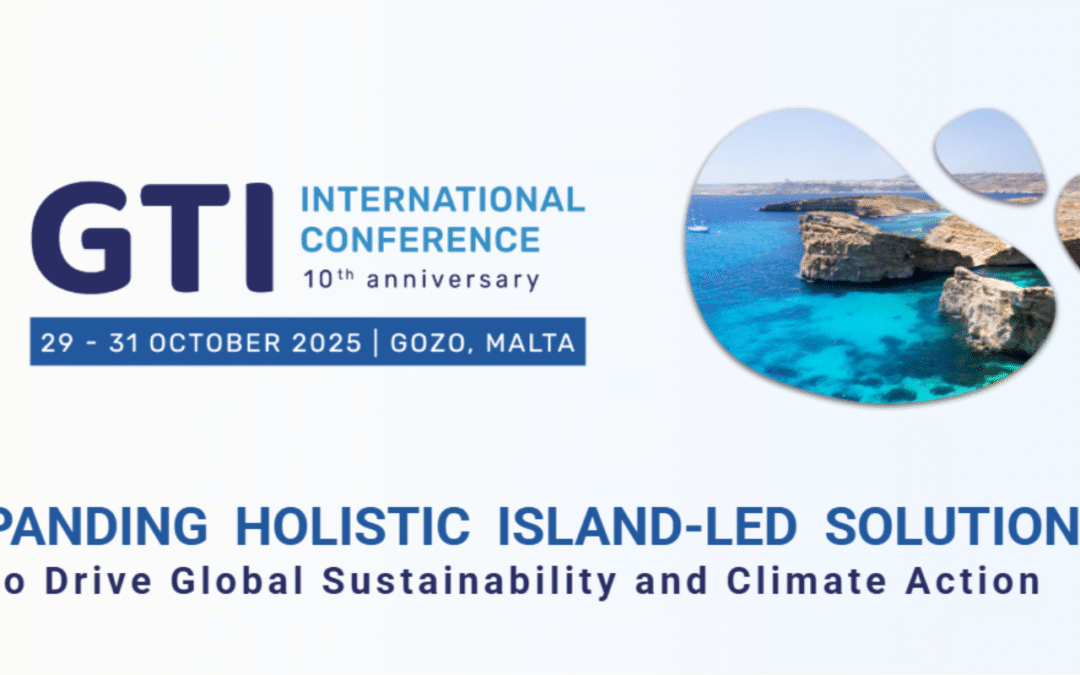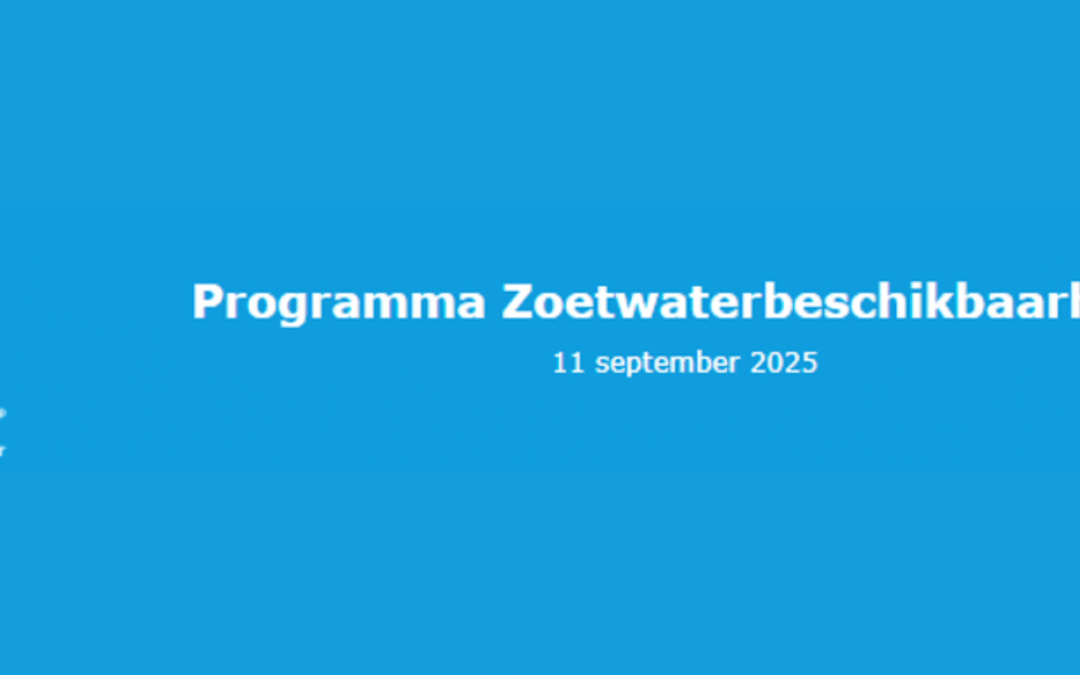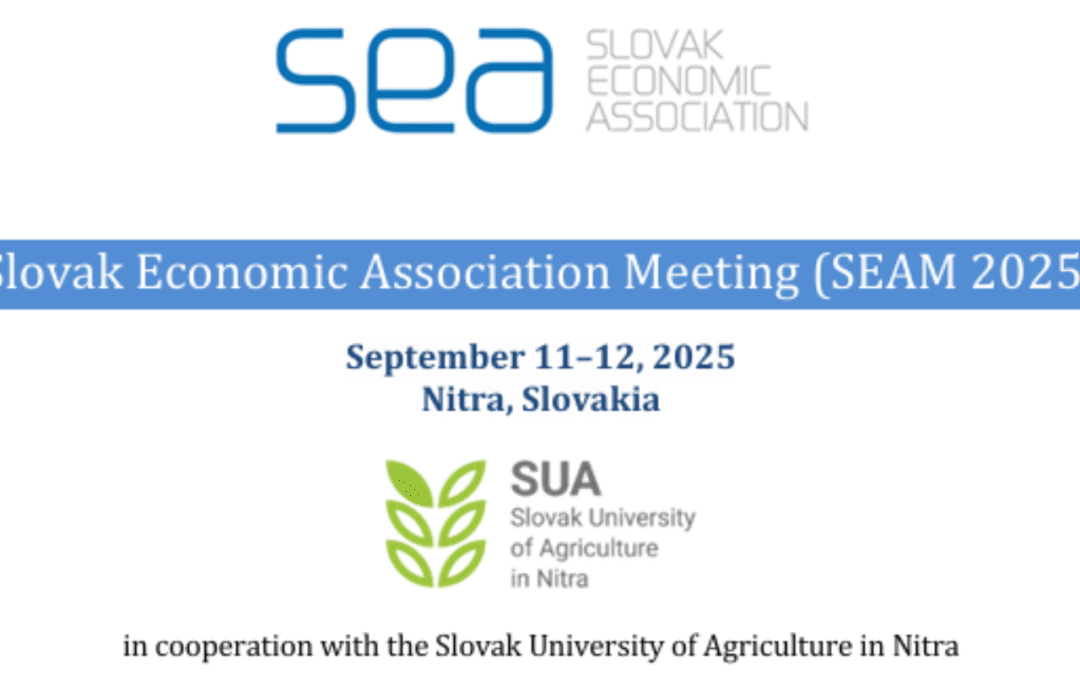Together with our sister projects of the Water Governance 2027 Synergy Group, GOVAQUA and InnWater, we are delighted to dedicate this article to our female researchers to promote their work and careers around the development of water governance approaches.
These innovative approaches take into account the interdependencies between the UN Sustainable Development Goals (SDGs) and the design of coherent water governance practices and policies at different levels and in different sectors.
As part of GOVAQUA, we interviewed Ms Suvi Sojamo, PhD, leading Researcher at the Finnish Environment Institute.
Career and challenges
Q.: Ms Sojamo, can you tell us about your journey to becoming a researcher, the challenges you encountered along the way and the most important lesson you learned?
Ms Suvi Sojamo: I’ve always been a keen learner, and being a researcher has essentially been about having the chance to dive deep into topics that interest me. To me research is about working together to investigate the best ways to solve water challenges, not a solitary exercice. Within the research community, I’ve been trusted to work with exciting and new topics, and the best results have always been achieved when we have had a team that genuinely supports each other.
Water challenges cannot be solved by researchers alone though, and collaborating with governments, business and civil society organisations has been critical for my work and very rewarding.
Role in the project
Q.: What do you do within the GOVAQUA project? How have your studies and expertise enabled you to fulfil this role?
Ms Suvi Sojamo: I am the coordinator of the GOVAQUA project. Essentially, I see my role as an enabler for our consortium’s broader effort. I have a very multidisciplinary background and have worked with various sectors and actors, which helps me to understand both the bigger picture and to a sufficient detail the specifities of our in-depth research led by top experts in their fields. I act as sort of a facilitator and interpreter within and beyond the project, also supporting our communication and outreach activities.
Europe
Q.: At European level, do you think the research sector has become more open to women? What could be done to achieve greater equality between men and women in this field?
Ms Suvi Sojamo: In principle yes, but I do still see many structural issues. In my experience women e.g. often opt out of tenure-track careers due to their increasing demands – women want to prioritise family and have also become more critical (maybe more than men) towards the system where you in the worst case have to sacrifice your free time and well-being. In general, it would be important to understand where the roots of inequality are, and start addressing the issues from there. Gender quotas and different guidelines and tools for gender sensitivity are also important in raising awareness and establishing new practices. A more equal system would be to the benefit of all.
Q.: As an expert in sustainable water governance, what do you see as Europe’s greatest challenge in implementing sustainable water governance?
Ms Suvi Sojamo: We need to come to a shared and honest understanding of the responsibility in and impacts on different actor groups in the water challenges we are facing, and together develop ways on how to mitigate harm and engage in restorative action. Not all the water uses can be justified anymore, and on the other hand we need to ensure basic needs for everyone. Whilst governments are mandated to lead, progressive businesses and civil society should also show the way. Research has a critical role to play as well as a provider of a robust knowledge base and research organisations can also facilitate interaction.
Q.: Finally, what advice would you give to future generations of women who want to become researchers?
” Find yourself a topic you truly believe in, and a working community that values your wellbeing and where you are empowered together. Engage outside academia – that’s how your work stays relevant and has the biggest impact.“
Suvi Sojamo
Read other interviews with the researchers:
Building Resilience: Economic Instruments for Sustainable River Basin Management
Online – February 26, 2026 Join us for an expert webinar exploring innovative approaches to water governance across Europe On…
RETOUCH NEXUS Presented at the International Workshop WEARE-EAARN-FICOTUR in Córdoba
RETOUCH NEXUS was represented at the International Workshop WEARE-EAARN-FICOTUR: Establishing Networks, held on 22–23 January 2026 in Córdoba, Spain, within the session “Instruments and Policies…
Strengthening Europe’s Water Resilience: Three Projects Unite at Brussels Forum
Brussels, Belgium – December 4, 2025 RETOUCH NEXUS joins InnWater and GOVAQUA to present unified recommendations on economic dimensions of…
Check out the 5th RETOUCH NEXUS newsletter!
Are you passionate about sustainable water management and governance? 🌍💧 Subscribe to our newsletter and stay updated with the latest…
💧 Strengthening Stakeholder Engagement in Malta – RETOUCH NEXUS Workshop on the WEFE Nexus Ranking System
In October 2025, the Energy and Water Agency (EWA) hosted a new RETOUCH NEXUS Stakeholder Project Meeting in Malta, bringing…
RETOUCH NEXUS 5th General Assembly – Moving Toward Performance
As we progress through the third year of the RETOUCH NEXUS project, our consortium gathered in Amsterdam on September 23-24…
Join us at the 10th International Conference on Island Sustainability organized by the GTI Foundation
Gozo, Malta | October 29-31, 2025 Expanding Holistic Island-led Solutions to Drive Global Sustainability and Climate Action The RETOUCH NEXUS…
Informative evening for HHNK’s Freshwater Availability Programme
On Thursday, 11 September, the water authority Hoogheemraadschap Hollands Noorderkwartier (HHNK) held an information evening as part of the public…
RETOUCH NEXUS at SEAM 2025 – Advancing Water-Energy-Food-Ecosystem Governance in Slovakia
Nitra, Slovakia | September 11-12, 2025 The RETOUCH NEXUS project is proud to participate in the Slovak Economic Association Meeting…
🤝 Building a Participatory Path for Water Governance in North Holland
RETOUCH NEXUS supports stakeholder engagement for the Freshwater Availability Program. In response to the growing threat of water scarcity in…
